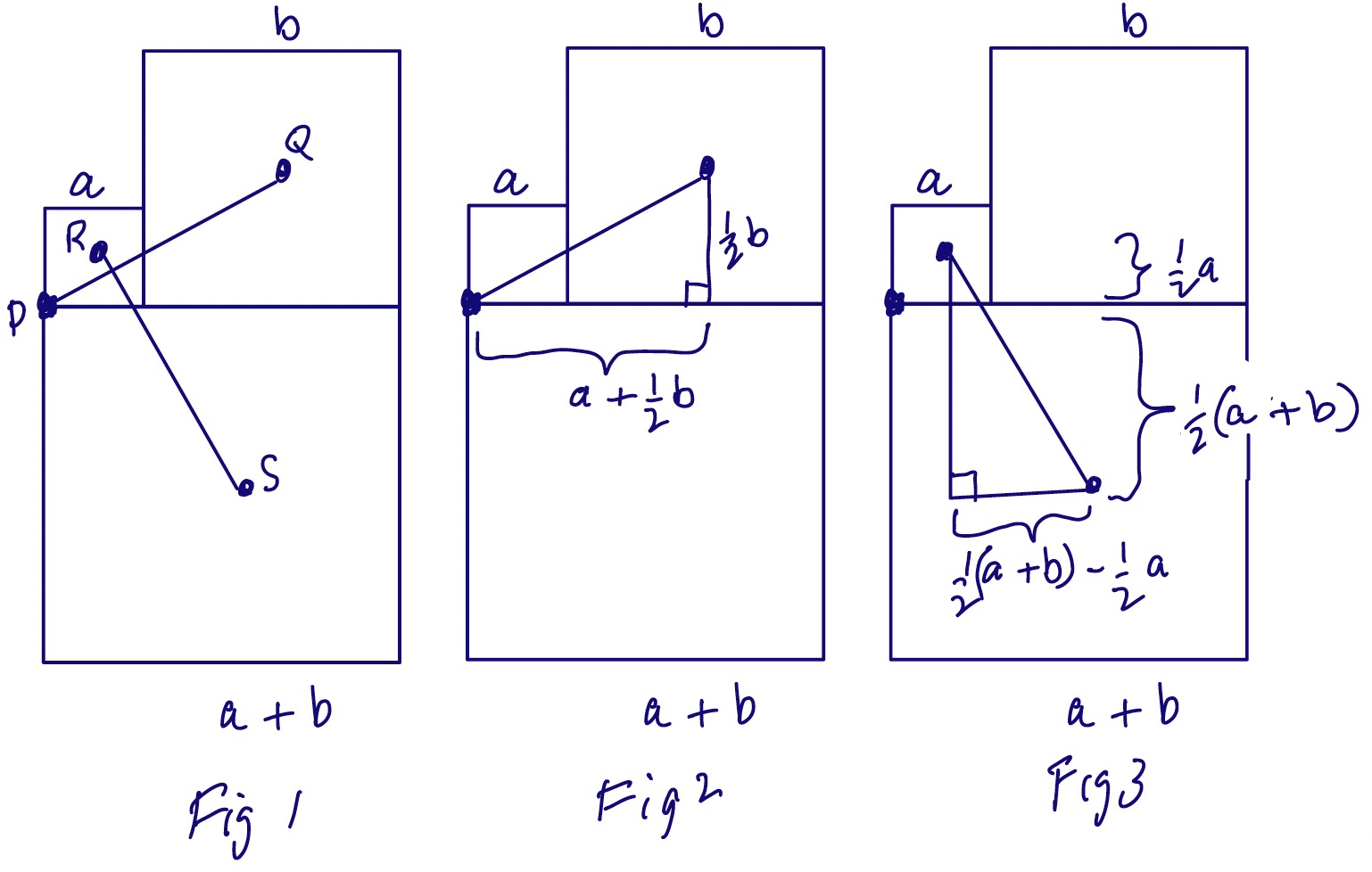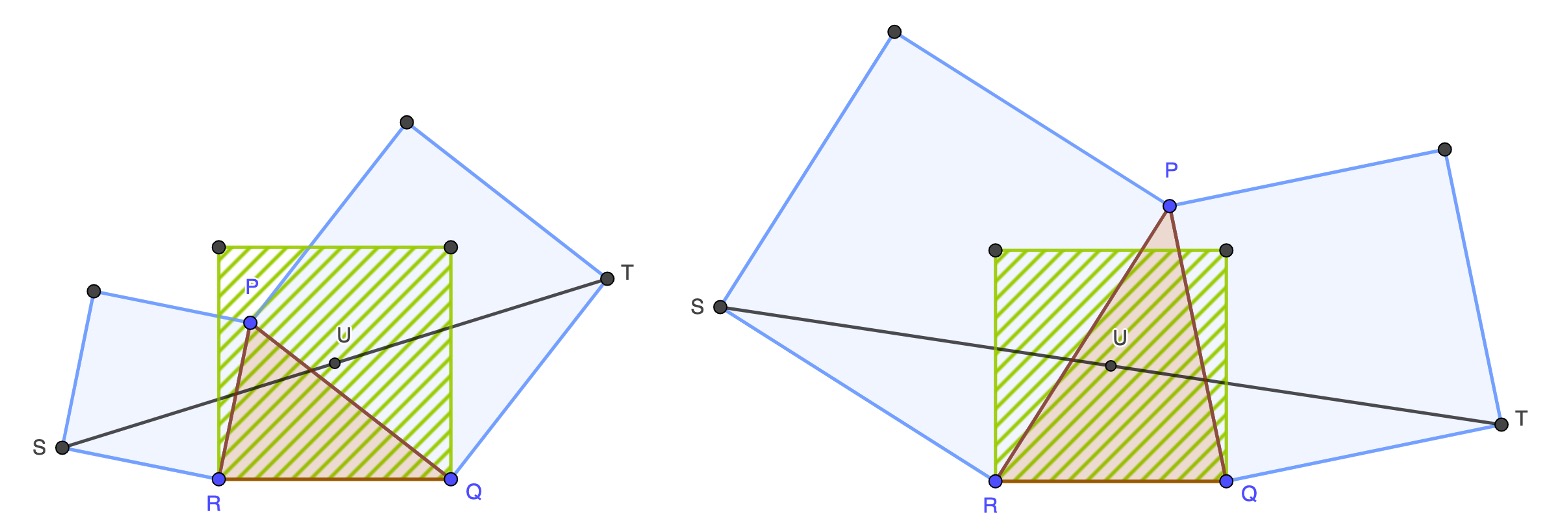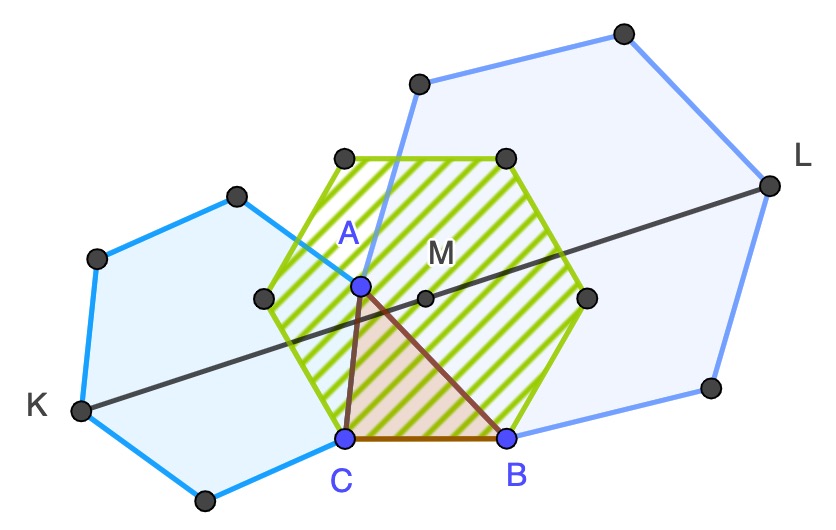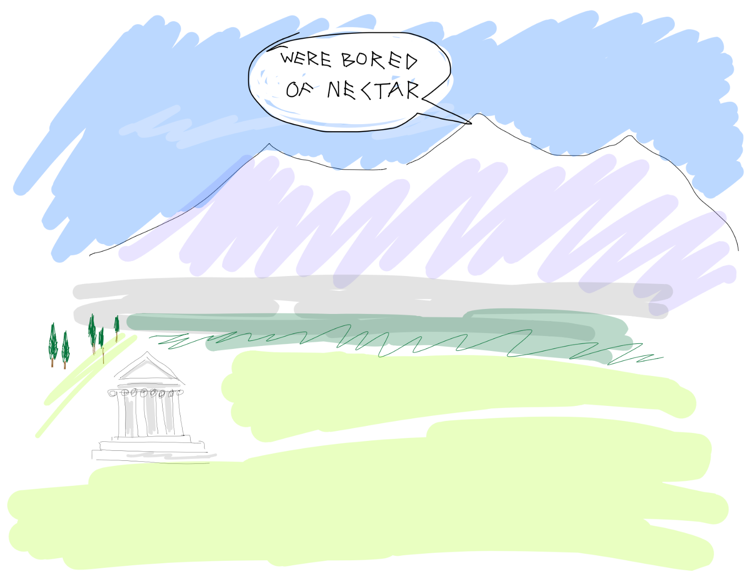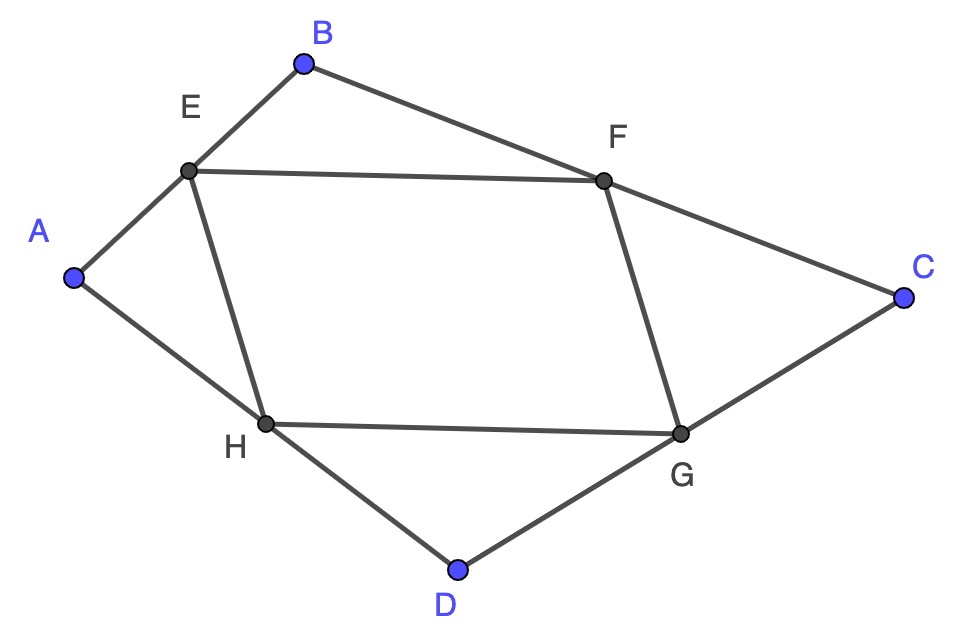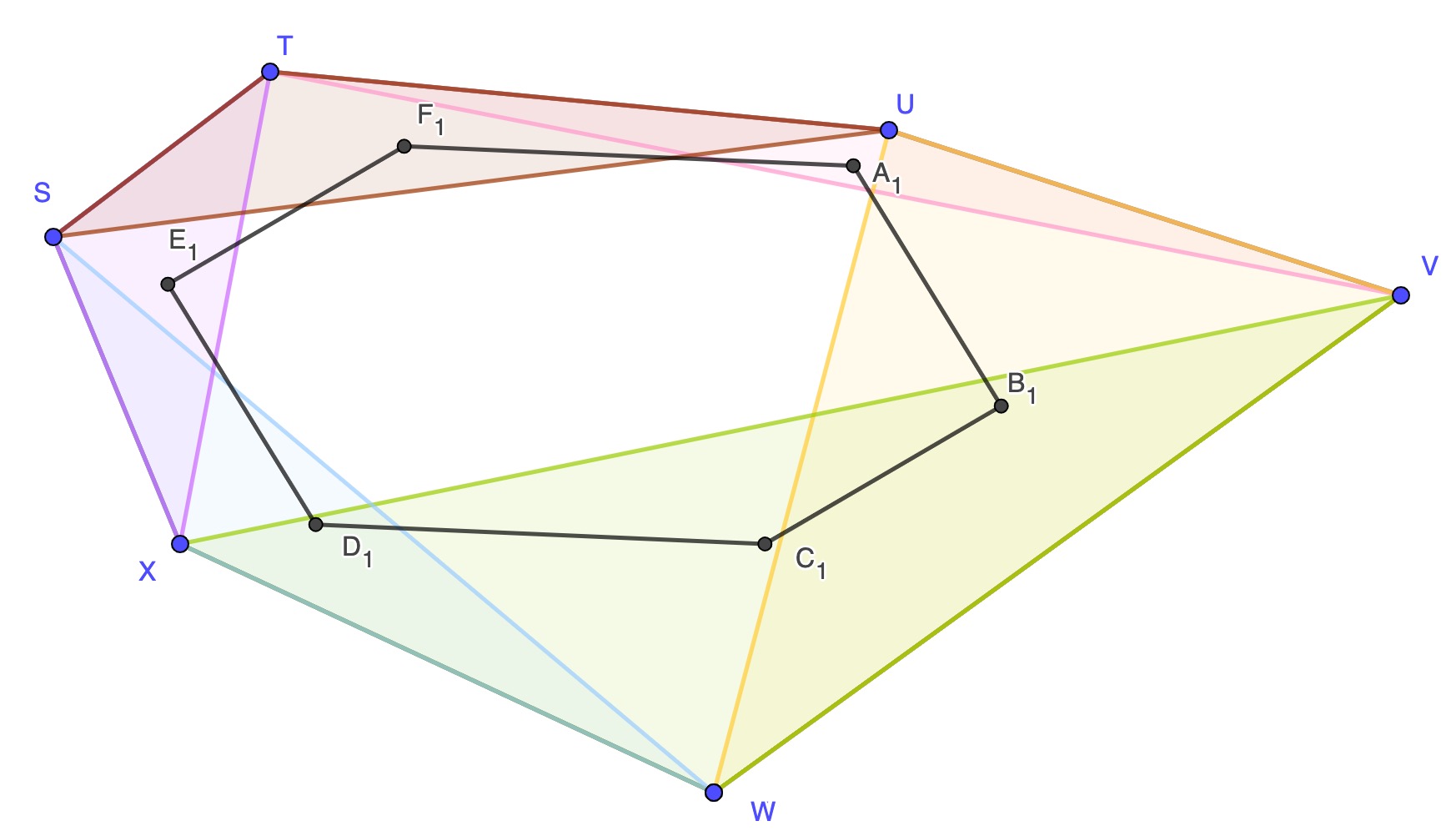I was watching a very interesting lecture on YouTube, From Ronald Ross to ChatGPT: the birth and strange life of the random walk, and the speaker said "WQ" was one of the few letter pairs that do not appear in English words, and then went on to suggest we could neologise a word "cowquake" and imagine a thunder of hooves.
Well, this was a challenge, surely "WQ" must exist in some real words. So of course I went to look for them.
1. Does "cowquake" exist? (You might argue it does now, even if it didn't before).
2. Are there any other words containing "WQ"?
This is what I found on initial investigation.
1. The OED has "cow-quakes", a name for quaking grass, but I guess the hyphen disqualifies it.
However I found a BBC reference to "cowquaker", an 'off the scale thunderstorm' that frightens the cows. So looks like cowquaker exists, even if cowquake is debateable. Still I couldn't find the word in the OED.
2. Googling for words with "WQ" in throws up many acronyms and company names, and the Cornish town Newquay, plus the odd unusual word in other languages. But these don't really count, and the only promising candidates I'd found by this point are "crowquill" and "snowquake".
A crowquill is a quill pen made not from a goose feather but with a feather from a crow, and the name is now used for a fine-tipped metal nib for map drawing and similar work. The OED hyphenates the word though, and Merriam-Webster makes two words of it, so this is another disputable example.
As for "snowquake" neither the OED nor Merriam-Webster recognise it, although I did find an Urban Dictionary entry:
When its snowing/snow blanketing the ground and you have an earthquake at the same time.
There is a citation but although the UD is useful I'm not sure how authoritative it's considered to be.
At this point in my search, the only reliable examples seemed to be "cowquaker" and "crowquill", and the neither are indisputably a single word.
But luckily MW has a useful similar words feature, and this threw up "cawquaw", the Canadian porcupine, from the Cree word for the animal. And bingo, the OED has this!
cawquaw, n.The North American porcupine,
Erethizon dorsatus (family
Erethizontidae), which has blackish-brown fur and dark quills with white tips.
It wasn't always spelt exactly the same, but the OED give a citation from 1840 which seems to establish the modern spelling
The..Canada Porcupine of Forster..Cawquaw of the Cree Indians; and Ooketook of the Esquimaux.
Penny Cyclopaedia vol. XVIII. 415/2
I think this is a bona fide single word with "WQ" in it, even if it is (as the OED puts it) now
rare, and my search has been successful.
But are there other examples/ If you find any please put them in the comments!
